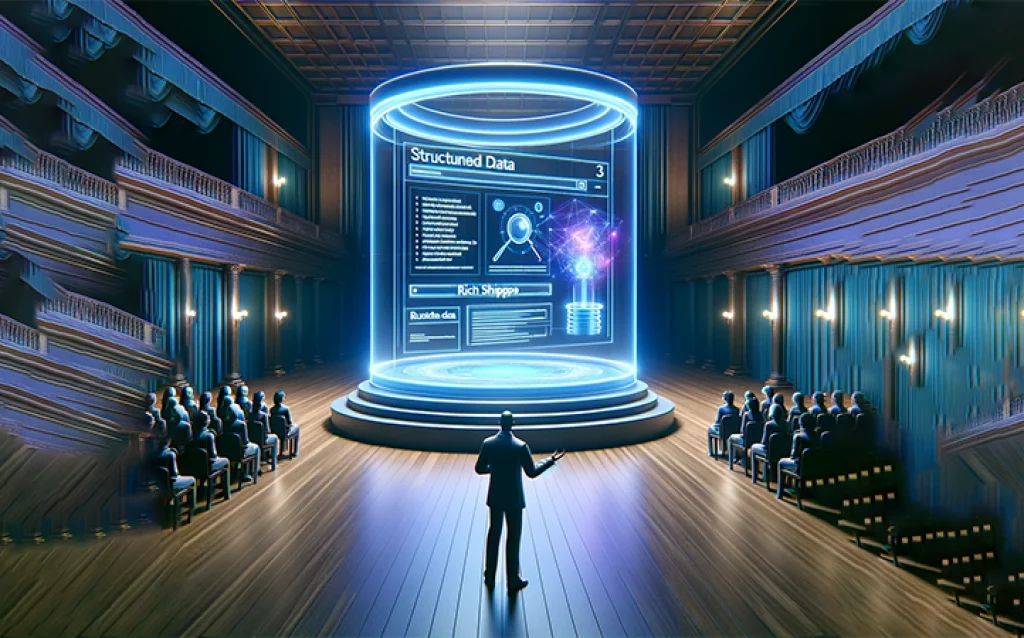Introduction to Artificial Intelligence in SEO
Artificial Intelligence (AI) has revolutionized the way we approach search engine optimization (SEO). At WPSEO AI, we understand that integrating AI into SEO strategies can significantly enhance the efficiency and effectiveness of online marketing efforts. AI algorithms can analyze vast amounts of data, predict trends, and provide insights that humans may overlook. This technology has become an invaluable tool for SEO professionals looking to optimize their websites for better search engine rankings.
AI’s role in SEO extends from keyword research and content creation to personalized user experiences and predictive analytics. By leveraging AI, companies like WPSEO AI are able to offer cutting-edge solutions that help businesses stay ahead in the ever-evolving digital landscape. To truly harness the power of AI in SEO, it’s essential to dispel common myths and understand its real capabilities and limitations.
Common Misconceptions about AI in SEO
Despite its growing popularity, there are several misconceptions surrounding the use of AI in SEO. One common myth is that AI can completely replace human SEO experts. While AI can automate and optimize many tasks, the strategic and creative aspects of SEO still require a human touch. Another misconception is that AI tools are infallible. Like any technology, AI is only as good as the data it’s trained on and the algorithms it uses, which means it can sometimes produce errors or biased results.
Many also believe that AI makes SEO efforts impersonal. However, AI can actually enhance personalization by analyzing user behavior and tailoring content to individual preferences. It’s important to recognize that AI is a tool to augment human expertise, not replace it. By understanding these misconceptions, businesses can better integrate AI into their SEO strategies for optimal results.
Benefits of Artificial Intelligence in SEO
The integration of AI into SEO practices offers a multitude of benefits. AI-powered tools can process and analyze data at a scale that is impossible for humans, leading to more informed and strategic decision-making. For instance, AI can identify patterns and trends in search behavior, enabling SEO professionals to anticipate changes in the digital landscape and adapt their strategies accordingly. This proactive approach can give businesses a competitive edge in search rankings.
Moreover, AI can significantly improve the efficiency of SEO tasks. From automating keyword research to optimizing content for search engines, AI reduces the time and effort required to execute SEO campaigns. This allows SEO experts to focus on more complex and creative aspects of their work. WPSEO AI leverages AI to maximize website visibility and improve search rankings, showcasing the practical advantages of AI in SEO.
Challenges of Implementing AI in SEO
While the benefits of AI in SEO are clear, implementing this technology comes with its own set of challenges. One of the primary hurdles is the need for high-quality, structured data. AI systems rely on data to learn and make predictions, and if the data is poor or biased, the outcomes will be unreliable. Ensuring data integrity is crucial for the success of AI in SEO.
Another challenge is the complexity of AI systems. SEO professionals must have a certain level of technical expertise to effectively use AI tools. This can be a barrier for those who lack the necessary skills or resources to invest in training. Additionally, there is the issue of keeping up with the rapid pace of AI advancements, which requires ongoing learning and adaptation. WPSEO AI addresses these challenges by providing user-friendly AI solutions and resources to help businesses harness the power of AI for SEO.
Best Practices for Using AI in SEO
To effectively utilize AI in SEO, it’s essential to follow best practices. First and foremost, SEO professionals should focus on selecting the right AI tools that align with their specific goals and needs. It’s important to choose AI solutions that are reputable and have a proven track record of success. Additionally, integrating AI into existing SEO workflows should be done gradually, allowing for testing and refinement of strategies.
Another best practice is to maintain a balance between AI automation and human oversight. While AI can handle many tasks, human intuition and creativity are irreplaceable in crafting compelling content and engaging user experiences. For example, using AI to generate search engine-friendly titles can be a starting point, but human editors should refine these suggestions to ensure they resonate with the target audience.
Future Trends of AI in SEO
The future of AI in SEO looks promising, with emerging trends indicating even greater integration of AI technologies. One such trend is the use of AI for predictive analytics, which can forecast shifts in consumer behavior and search patterns, allowing businesses to stay ahead of the curve. Another trend is the development of more sophisticated AI algorithms that can understand and interpret human language with greater nuance, leading to more effective content optimization.
As AI continues to evolve, we can expect to see more personalized and dynamic SEO strategies. The ability of AI to adapt to individual user preferences will result in more targeted and relevant content, enhancing the user experience and improving engagement. WPSEO AI is at the forefront of these innovations, continually exploring ways to leverage AI for local SEO marketing and beyond, ensuring that businesses are equipped for the SEO landscape of tomorrow.




